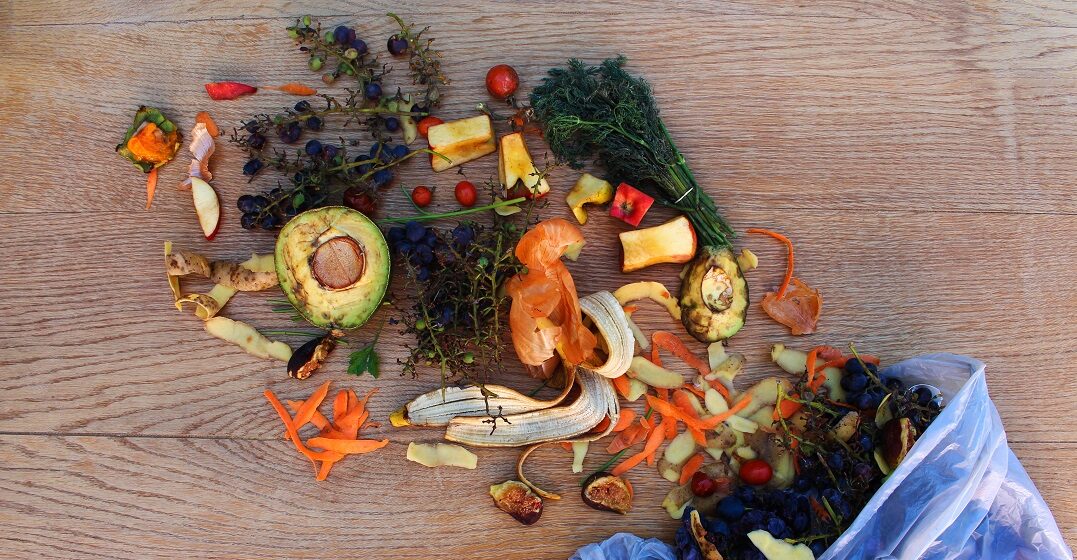by Anne Walther
Updated on October 16, 2024
Food waste is a hot topic all over the world. With growing prices due to inflation and increased production costs, people are now more than ever concerned about wasting as little food as possible. With the increasing influence of sustainability movements, food waste in Germany is a well-known issue. Still, 11 million tons of food leftovers were thrown away in 2020 alone. While this sounds like a lot, keep in mind that German statistics include the non-edible parts of wasted foods, such as coffee grounds, too.
From the moment it leaves the farms to when it reaches our tables, food journeys a long way. Passing by processing industries, to supermarkets and only finally our own consumption. But where in Germany is most of the food wasted and which regulations are already in place to keep it as low as possible? Let’s find out!
There are many parts of our food that we don’t eat – think of nutshells, bones or leaves of vegetables. As a result, German households are responsible for most of the country’s food waste: almost 60% of the total. Each German throws away about 78 kg of leftovers every year. And it is estimated that of these 78 kgs, 31 are composted in individual households every year.
The second largest source of food waste in Germany is food production and restaurants, where about 15% of input is wasted. Supermarkets and shops have a surprisingly small impact on the problem: Only about 7% of all food waste comes from these sources.
The German government estimates that around half of all food wasted in German households is still edible. The largest group of foods are fruits and vegetables, followed by home-cooked meals and baked goods. The two main reasons that people throw away food are either problems with the freshness of the meal or the size of it. Buying more than what you can actually cook or eat, results in unnecessarily wasted food.
Despite food waste being a problem in Germany, lawmakers are still far from finding an official solution. Food safety laws, such as the prohibition of selling foods that have passed the expiry date, are quite strict in Germany and Europe. So, limiting the amount of food waste at the level of production and sales is challenging. Still, EU law makes it an obligation to cut food waste by 30% by 2025 – which means that individuals and the government must find creative ways to tackle the issue. One such proposed solution is to package smaller quantities of food to prevent consumers from buying too much.
So, are Germans doing anything against food waste in Germany? The answer here is an astounding yes! With more and more Germans becoming aware of issues surrounding sustainability and food, initiatives against this toxic habit are increasing. Most supermarkets now offer foods with nearing expiration dates at a discounted price, and the same is true for many online shops. However, since most food is still wasted at home, it is ultimately up to German consumers to change their behavior.
Even though food waste is a problem in Germany just as it is in many other countries, reducing it by law is only one solution. And that’s where you come in! Apps such as Too good to go help you rescue foods in restaurants or supermarkets that would be otherwise tossed. Finally, when you shop, make sure not to buy too much – or share with a friend. Guten Appetit!
